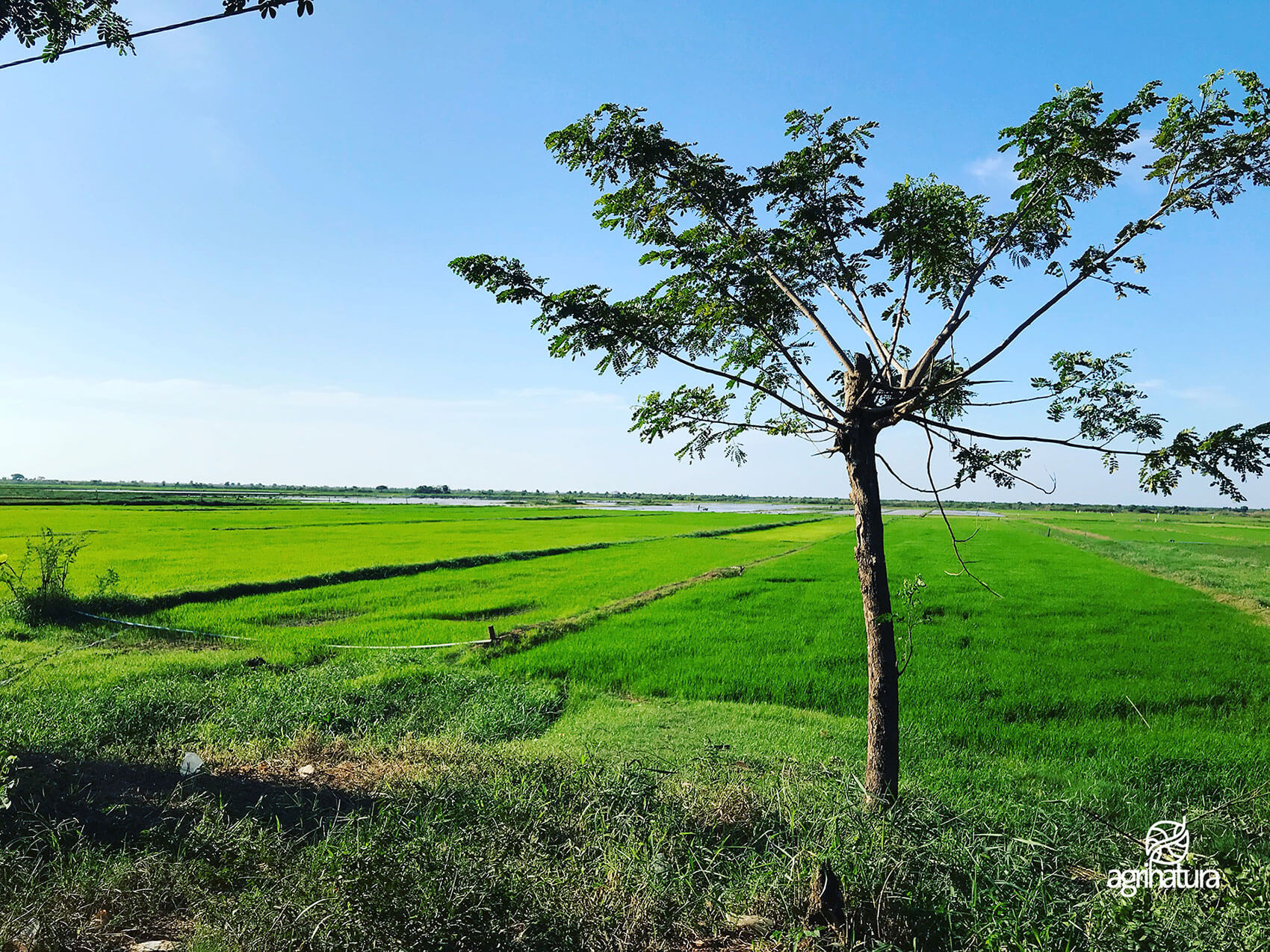
Agrinatura’s members have been involved in a large number of projects over the last years, collaborating with research partners and stakeholders in the South, with organizations of producers, or developing global partnerships jointly with European and non-European institutions in Agriculture Research Development (ARD).
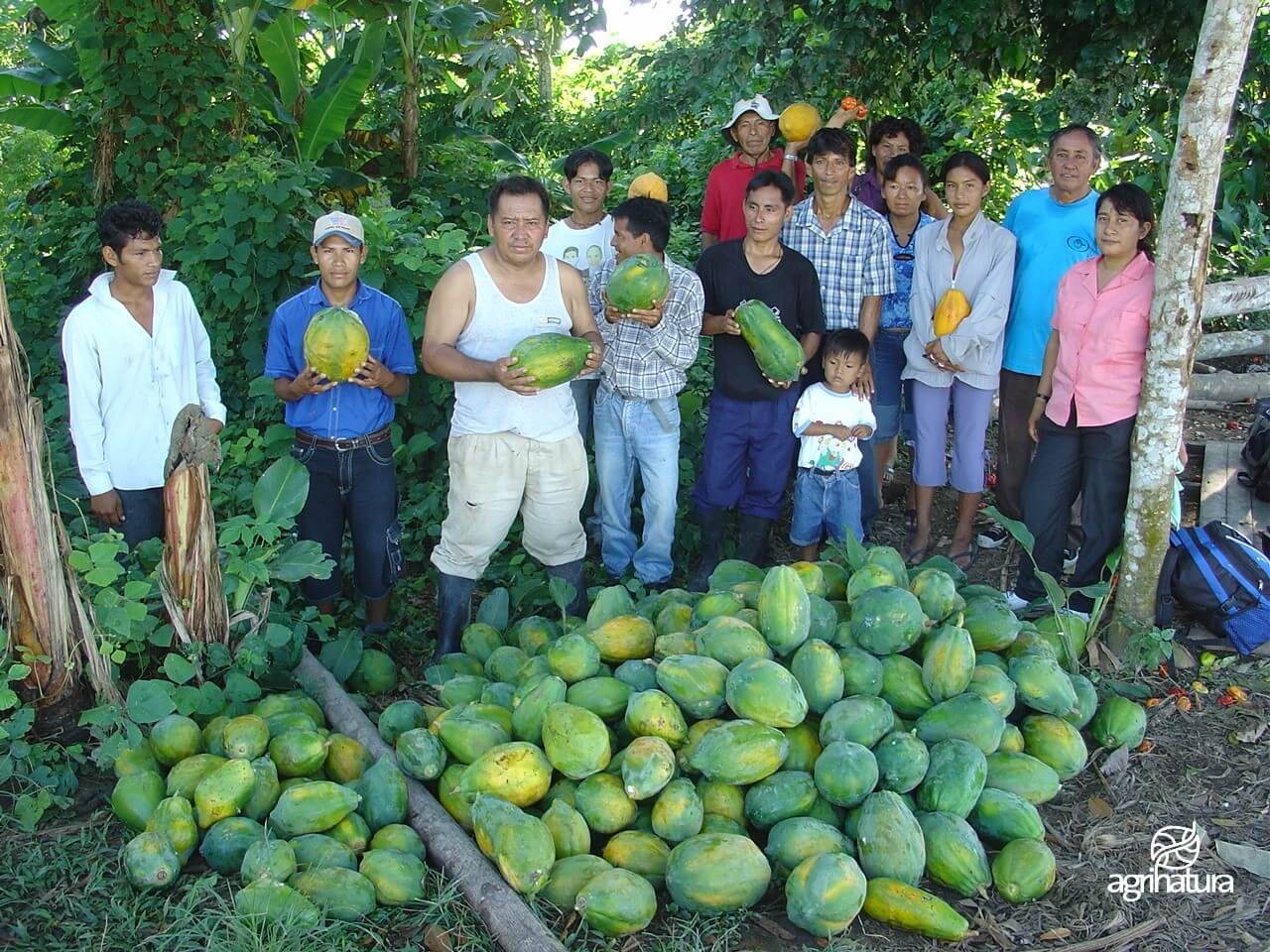
Agrinatura has organized the assessment of global programs, including a large number of expert missions held in parallel such as the monitoring of CGIAR EU funded projects.
Agrinatura member universities have developed and implemented number of integrated study programmes aiming on education and research in sustainable agricultural development, food security and management of natural resources, aiming towards tropics in developing countries.
Strengthening the national capacity building systems in agriculture in the developing countries is a key milestone to address the challenges of food security, sustainable use of natural resources and poverty reduction in the rural areas of the world. Agrinatura’s actions in the field of education are two-fold:
Develop an integrated offer of capacity building in Europe in agriculture for development and integrated management of natural resources;
Support and strengthen the capacities to build capacities in the South, through various partnerships and projects.
In addition to responding to calls from different donors, preparing project proposals, and implementing R&D, Agrinatura has identified seven thematic priority areas in which they wish to play a proactive role in Europe’s contribution to the international agenda on research and education for development: Access to markets: “From farm to fork”, Biosafety in developing countries, Desertification, Emerging diseases, Forestry, Horticulture, Risk Management for family agriculture.

DESIRA project started in 2017 with first projects in 2019 it’s supported for European Commission running until 2025 by mainly political and institutional commitments (UNFCC CoP 21, One planet summit 2017, Ouagadougou declaration 2018) and is designed based on key consultations (the European Member States, EU Delegations, CAADP, FAO, GFAR, IFAD, BMGF). At the same time is fully aligned with the new European policy on the Green Deal. The main goal is to contribute to climate-importance, productive and sustainable transformation of agriculture and food systems in low and middle-income countries to put more science into development considering that the solutions to achieve the Sustainable Development Goals (SDG) primarily to the achievement of SDG 1 (no poverty), 2 (zero hunger), 5 (Gender equality), 8 decent work and economic growth and 13 (climate action) and 15 (Life on Land) supporting research and innovation projects in Africa, Asia, Latin America.
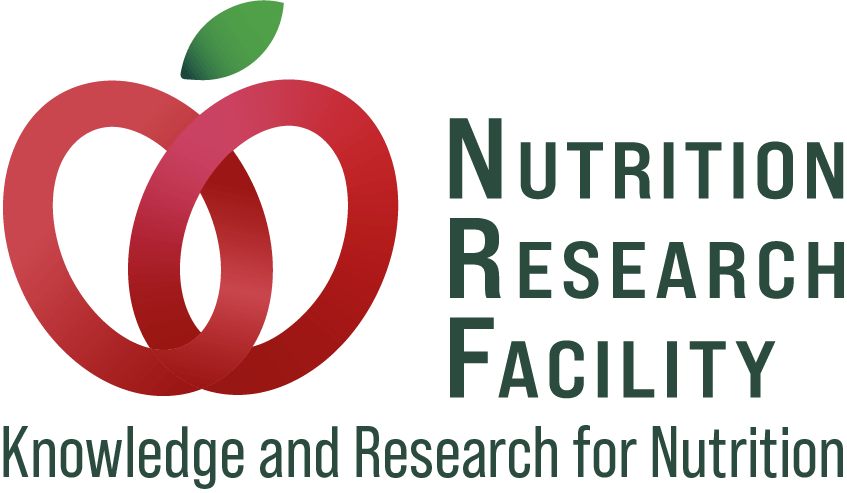
The Knowledge and Research for Nutrition project of the European Commission aims to provide improved knowledge and evidence for policy and programme design, management and monitoring & evaluation in order to reach better nutrition outcomes.
The project is implemented by Agrinatura – the European Alliance on Agricultural Knowledge for Development – which has established a Nutrition Research Facility, pooling expertise from European academia and having the ability to mobilise internationally renowned scientific networks and research organisations from partner countries.
The Nutrition Research Facility provides expert advice to the European Commission and to the European Union (EU) Member States and Partner Countries.
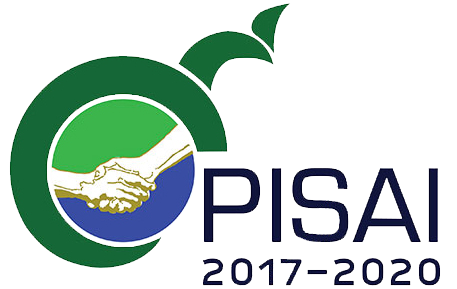
The PISAI Project is co-funded by the ERASMUS+ Programme starting from 2017 to 2020. The main objective is to produce graduates in agriculture and natural resources management capable of supporting agricultural production, intensification, and food security together with environmental sustainability and social equity offering a double Degree Master Program by 4 Thai Partner Universities; PRINCE OF SONGKLA UNIVERSITY, KASETSART UNIVERSITY, CHIANG MAI UNIVERSITY, KHON KAEN UNIVERSITY with the 4 modules together with European Partners (MONTPELLIER SUPAGRO in France, UNIVERSITY OF COPENHAGEN in Denmark, CZECH UNIVERSITY OF LIFE SCIENCES PRAGUE in Czech Republic and UNIVERSITY OF HELSINKI in Finland. One of the results has been the selection of the students and the successful start of the modules and thesis.

The Master of Science in Food Security and Climate Change (MS FSCC) is a joint degree developed under the European Commission’s ERASMUS + Capacity Building for Higher Education funding from 2016-2019. The main goal of the program it brings together 8 leading Asian higher education institutions in agriculture and life sciences from the Philippines, Indonesia, Thailand, Malaysia, Japan, and Taiwan to offer an international graduate degree program on the topic of Food Security and Climate Change. For each MS FSCC student will be enrolled in two universities, be supervised jointly by professors from these universities, and have a joint thesis defence. The students will also attend summer schools. The following member universities of the Southeast Asian University Consortium for Graduate Education in Agriculture and Natural Resources (UC); these are Kasetsart University (KU) in Thailand, University Putra Malaysia (UPM) in Malaysia, the University of the Philippines Los Baños (UPLB) in the Philippines, Institut Pertanian Bogor (IPB) and Universitas Gadjah Mada (UGM), in Indonesia. Other UC members such as Universitas Brawijaya (UB) in Malang, Indonesia, Tokyo University of Agriculture (Tokyo-NODAI), National Taiwan University (NTU), the University of British Columbia (UC) in Canada and the University of Gottingen (UGOE)in Germany.
The project has offered a double degree program with the development of the joint curriculum since 2017 and three batches of students successfully participating until 2019. These students have successfully participated in exchanges programs in Southeast Asia and Germany in summer schools and joint research.

Project SIMPLE, in association with Agrinatura started from 2016 until 2019 with the main goal of encourages the cooperation of academic sector (HEIs) with professional sector in the area of agriculture and life sciences in selected Asian countries (Cambodia, Indonesia and Thailand), leading to an enhanced employability of those universities’ alumni. The objectives of this project are to support networking and providing link among graduates and employers by establishing Alumni Centres and Platforms for Cooperation with Professional Sector, to improve the curriculum of study programs by introducing compulsory internships leading to more practical knowledge and better skills of the alumni, and to enhance the soft skill of Asian students. The project was supported by European partners as a Czech University of Life Sciences Prague, Universitat fur Bodenkultur Wien (BOKU), Austria, Ghent University, Belgium; Asian Partners Royal University of Agriculture (RUA), Cambodia, University of Battambang (UBB), Cambodia, Bogor Agricultural University (IPB), Indonesia, Tadulako University (Tadulako), Indonesia, Kasetsart University (KU), Thailand, Prince of Songkla University (PSU), Thailand. The main outputs of the projects were the creation of 6 newly established, improved career centres at six Asian Universities; establish a platform of cooperation with the professional sector, platform tools and training & internship opportunities.
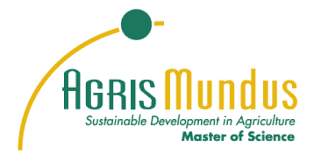
Agris Mundus is a two-years master programme oriented through the tropics and developing countries where agriculture and food are an important component of the sustainable challenge. The main objective of this program is to graduate students with the ability to cope with the current global challenges in agriculture and rural development. For ten years (2005-2015), the European Union supported the Agris Mundus MSc with a number of scholarships from the Erasmus Mundus Program. Although the support still continues, in which candidates are encouraged to apply for academic admission while also looking for scholarships. The Agris Mundus MSc is a product of Agrinatura with the coordination of Montpellier SupAgro.Since the program started graduated student of the two first AgriMundus cohorts graduated in 2008 and 2009 were showed positive results regarding with job finding such as more than 80% of graduates found a job in less than 5 months, and 45% in less than 2 months; 62 % of the graduates who were professionals before coming to the course continued with their former employer, while 38% changed.
.

Master ACT is a two- year training program in Agriculture and Climate Change with a joint diploma delivered by two European Research and Higher Educations and Institutions. The main goal of the program is to address the current international concerns in agriculture-related to climate change, sustainable and rural development oriented toward the tropics and third countries, prepares awardees to handle various functions on research, training, support to agricultural development and design and evaluation of agricultural policies in a context of climate change. The main partners associated with the program are National University of Ireland, Galway, Università Degli Studi di Catania, in Sicilia, Italy, Boku Vienna Austria (Universität für Bodenkultur), Universidad Pablo de Olavide and Universidad de Sevilla and Montpellier SupAgro. Agrinatura has played a major role in initiating the preparation for Master ACT and continues to lead in coordinating and managing the joint activities of the ACT MSc, especially for the cooperation with developing countries. Since the program started. Since 2015 started several calls for applicants and still on progress.
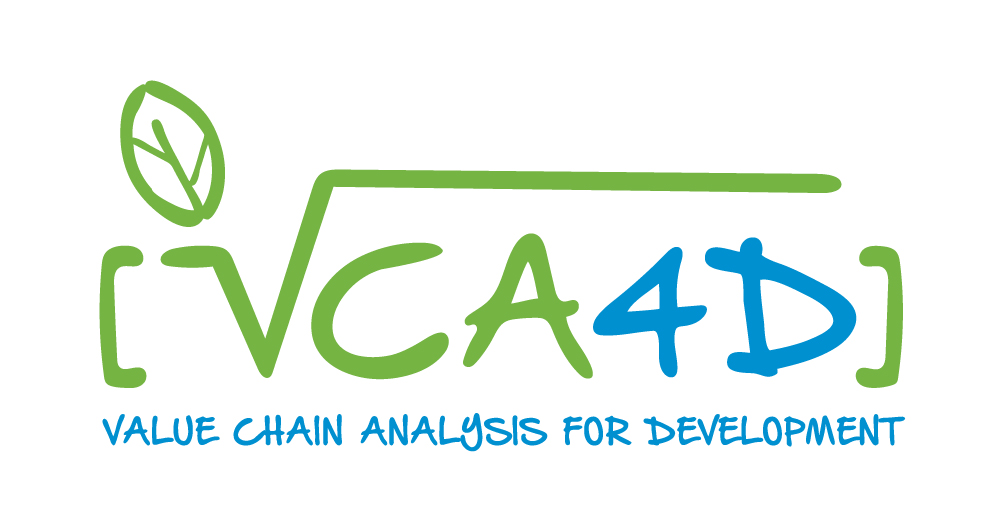
VCA4D performs value chain analyses (VCAs) across a range of agricultural commodities and countries with the goal of appraising their contribution to growth and job creation, taking into account the sustainability and inclusiveness of these value chains (VC). VCA4D uses a common methodological framework, with the aim of appraising the sustainability of a VC from an economic, social and environmental point of view. This is followed by a functional analysis, that provides a general description of the VC, a technical diagnosis of its different stages and an analysis of its governance and power structure.
This 4-year project is implemented by Agrinatura and funded by DG DEVCO for the European Commission and started in September 2016.
The VCA will provide an evidence-based assessment of the VC’s operation and its impact on the main economic, social and environmental dimensions of inclusive and sustainable development.
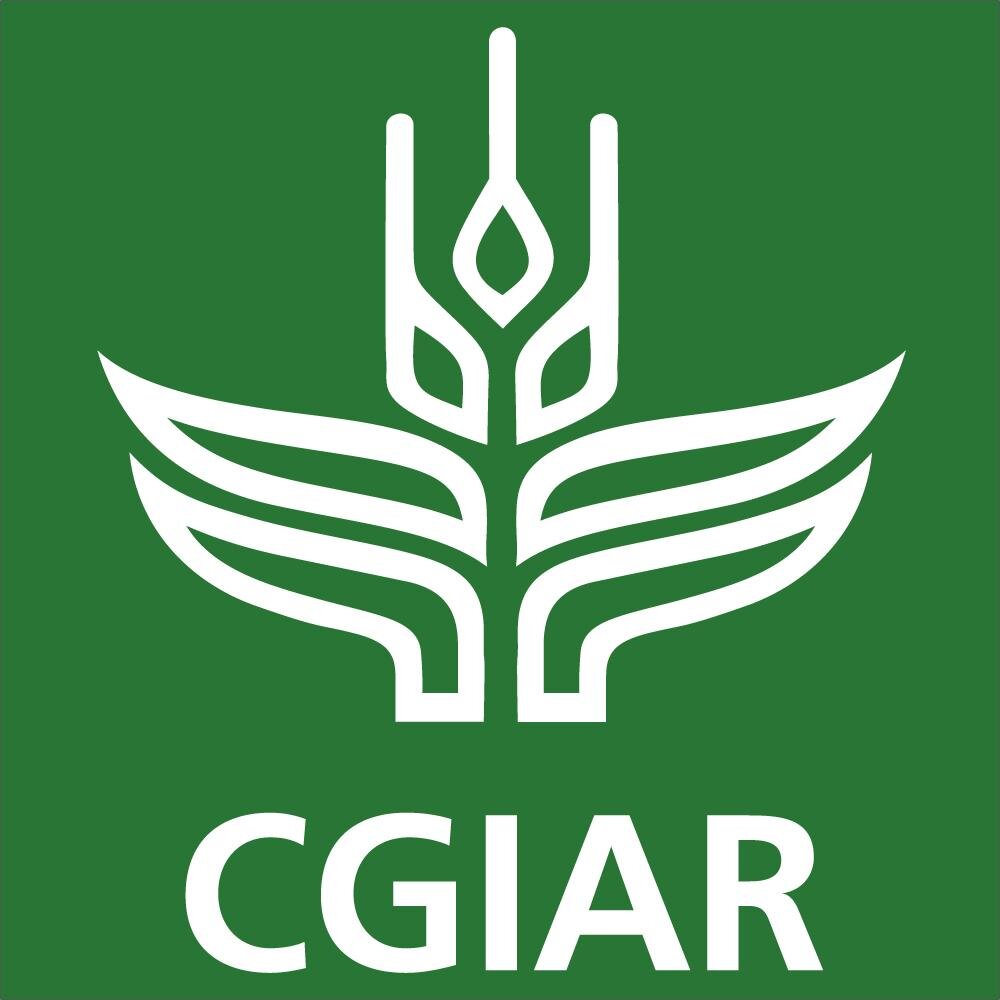
CGIAR is a global partnership that unites international organizations engaged in research for a food-secured future. CGIAR research is dedicated to reducing rural poverty, increasing food security, improving human health and nutrition, and ensuring sustainable management of natural resources. It is carried out by 15 centres that are members of the CGIAR Consortium, in close collaboration with hundreds of partners, including national and regional research institutes, civil society organizations, academia, development organizations, and the private sector. The main goal of CGIAR is reducing rural poverty, improving food security, improving nutrition and health, sustainably managing natural resources.
Agrinatura has organized the assessment of global programmes, including a large number of expertise missions held in parallel such as the monitoring of CGIAR EU funded projects. The main results for the centres have been crop genetic improvement that includes the high-yielding wheat and rice varieties, improving the nutritional value of staple crops; pest and disease control through breeding resistant varieties among others.
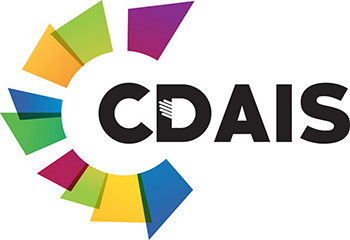
CDAIS is a global partnership on capacity development for agricultural innovation systems was launched in 2015 until 2019 with the main goal of making agricultural innovation systems more sustainable and efficient in fulfilling the demands of farmers, agri-business and consumers to improve their food security. CDAIS operates in eight pilot countries, in Africa, Asia and Latin America. CDAIS will strengthen the global mechanism launched by the G20 to facilitate capacity development in agricultural innovation in the tropics, called the Tropical Agriculture Platform (TAP).CDAIS is a partnership between Agrinatura and the Food and Agriculture Organization of the United Nations (FAO). Results for example in Ethiopia show positive from CDAIS activities, proving the benefits of integrating functional capacity strengthening across individual, partnership, organisational and national levels.

The primary goal of the NIPN initiative, funded by the European Commission its supported countries with a high burden of stunting that are members of the Scaling up Nutrition (SUN) movement to fight malnutrition in the developing countries affected by this burden, with the objective of contributing to the global reduction in the incidence of stunting in alignment with the target set for 2025 by the World Health Assembly and in support of the commitments of the EU Nutrition Action Plan to strengthen capacity to analyse data to track progress, inform policies and improve programmes for better nutrition. The initiative currently involves Bangladesh, Burkina Faso, Ethiopia, Guatemala, Ivory Coast, Laos, Niger, Uganda. The global Support Facility (GFS) one of the components of NIPN initiative is managed and operated by the Agrinatura EEIG and the expertise its provided through Agrinatura members. One of the expected outputs will inform policymakers and improve programs.
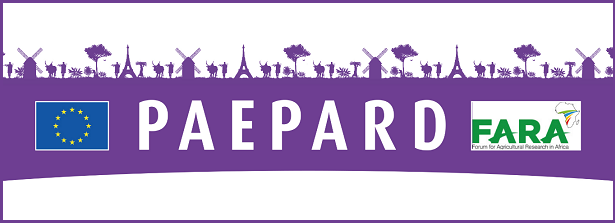
PAEPARD is an ongoing 8-year project funded by the European Commission. Since 2010 PAEPARD has been working to promote new innovation process through different stakeholders to allow new projects. Its main goal is to facilitate the multistakeholder partnership between Africa and Europe, in the field of agriculture research of development (ARD).
The partnership of the projects is AGRINATURA (the European Alliance for Agricultural Knowledge for Development, which coordinates European research partners), COLEACP (private sector representative), CSA NGOs), ICRA (capacity building specialist in ARD) and CTA (Technical Center for Agricultural and Rural Cooperation). Furthermore, African partners, including The African Regional Forum For Agriculture Capacity Building (RUFORUM) and Network for Policy Analysis on Food, Agriculture and Natural Resources ( FANRPAN ). The outputs follow an iterative process where the solution is tested following the goals of the project. First calls for proposals are the first attempt to form partnerships able to respond to calls for proposals from donors. The ULP (user-managed processes) represents the way the demand is designed. Finally, competitive research funds ( CRF ), incentive funds ( IF ) and communication strategy are three new tools that facilitate the formation of partnerships and the obtaining of financing for the launching of research projects.